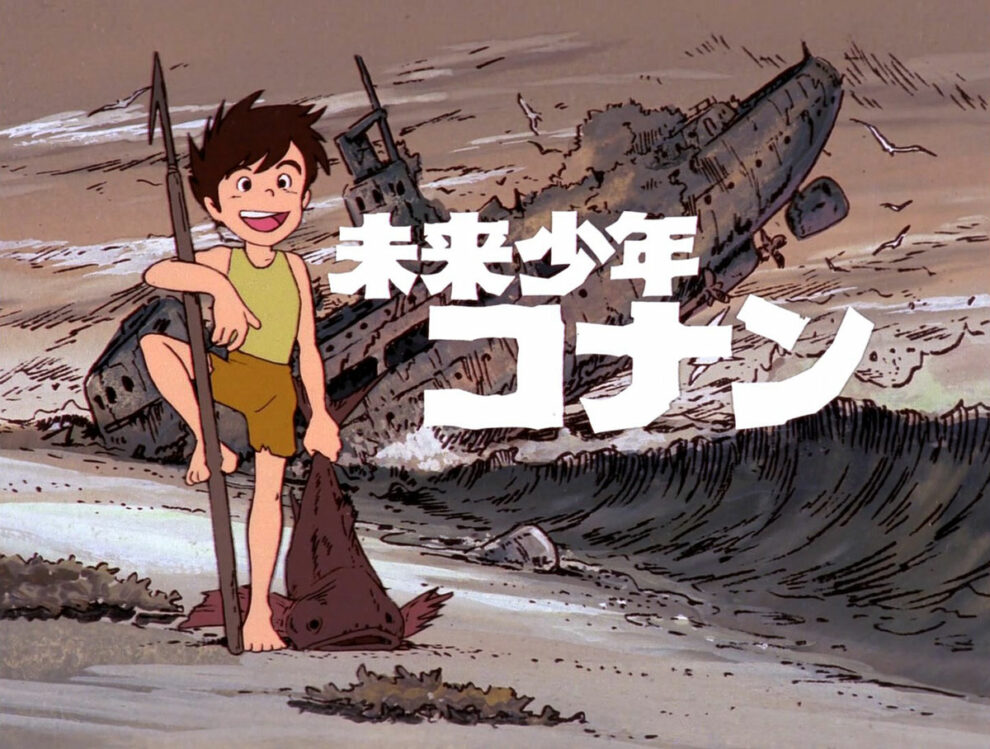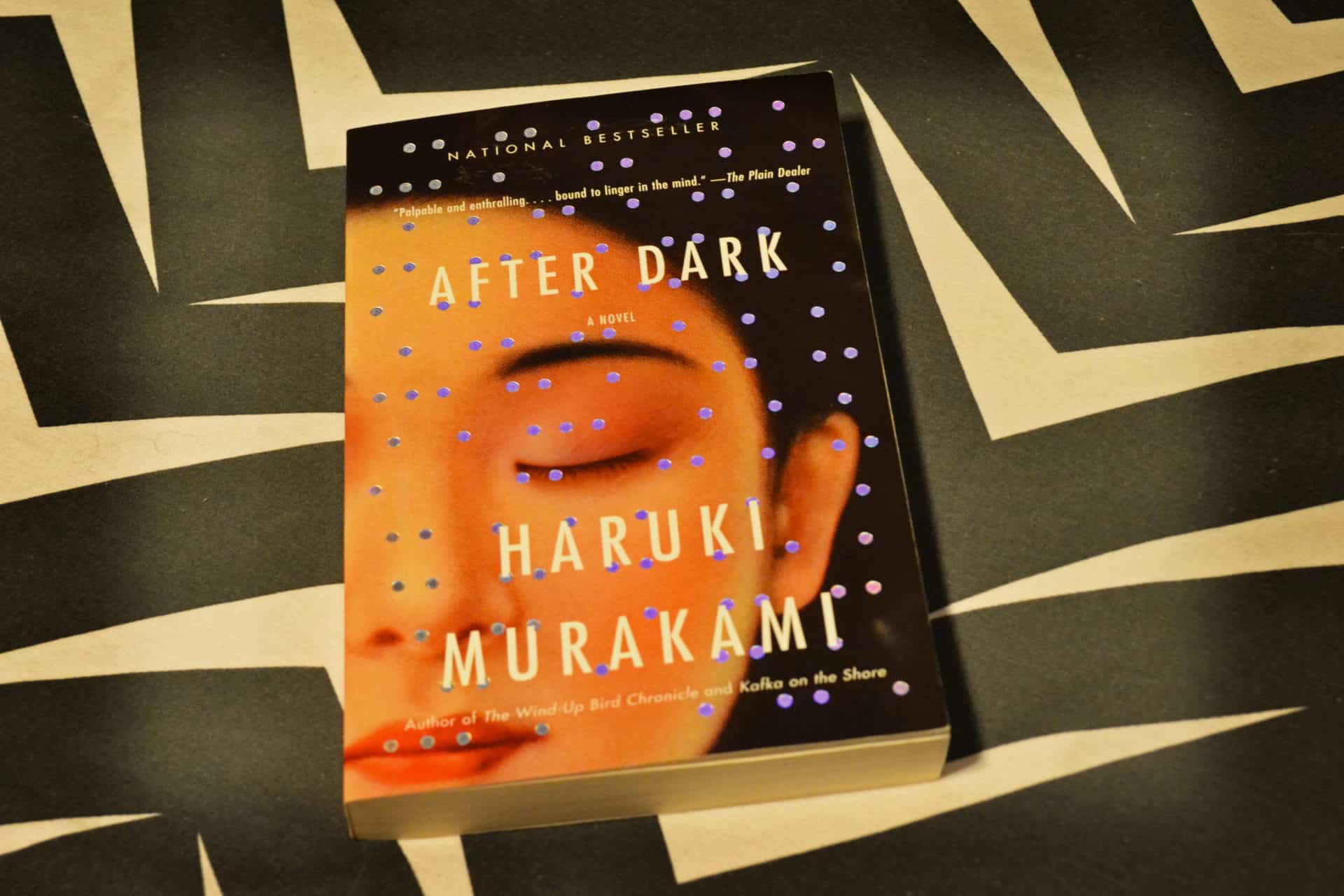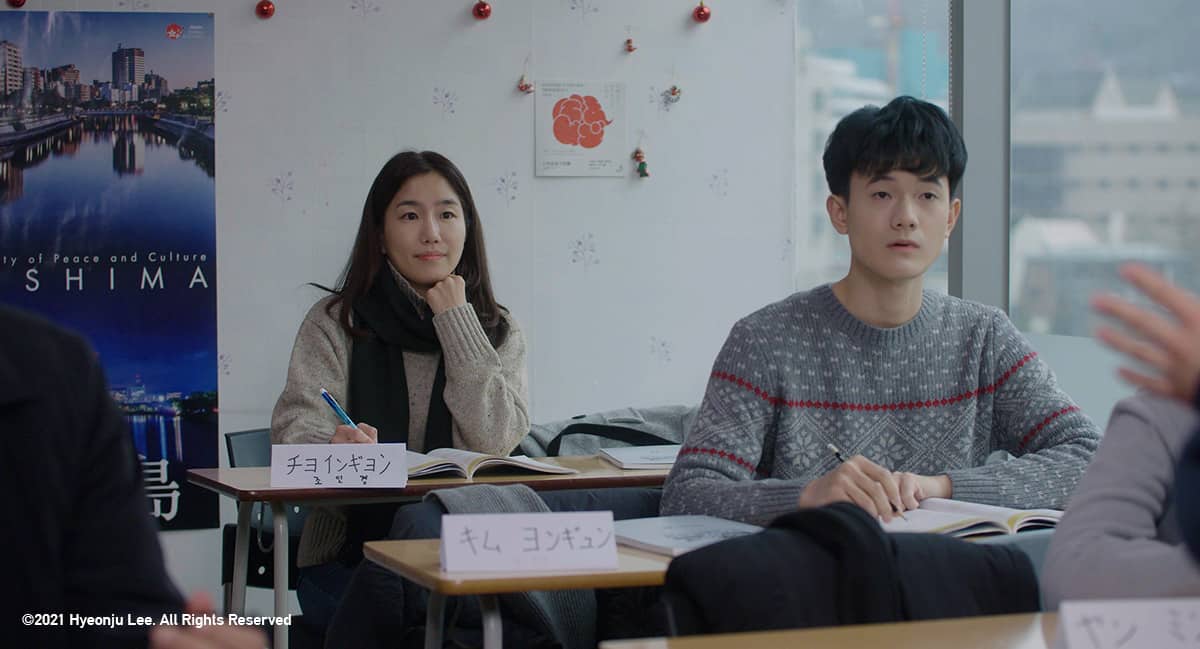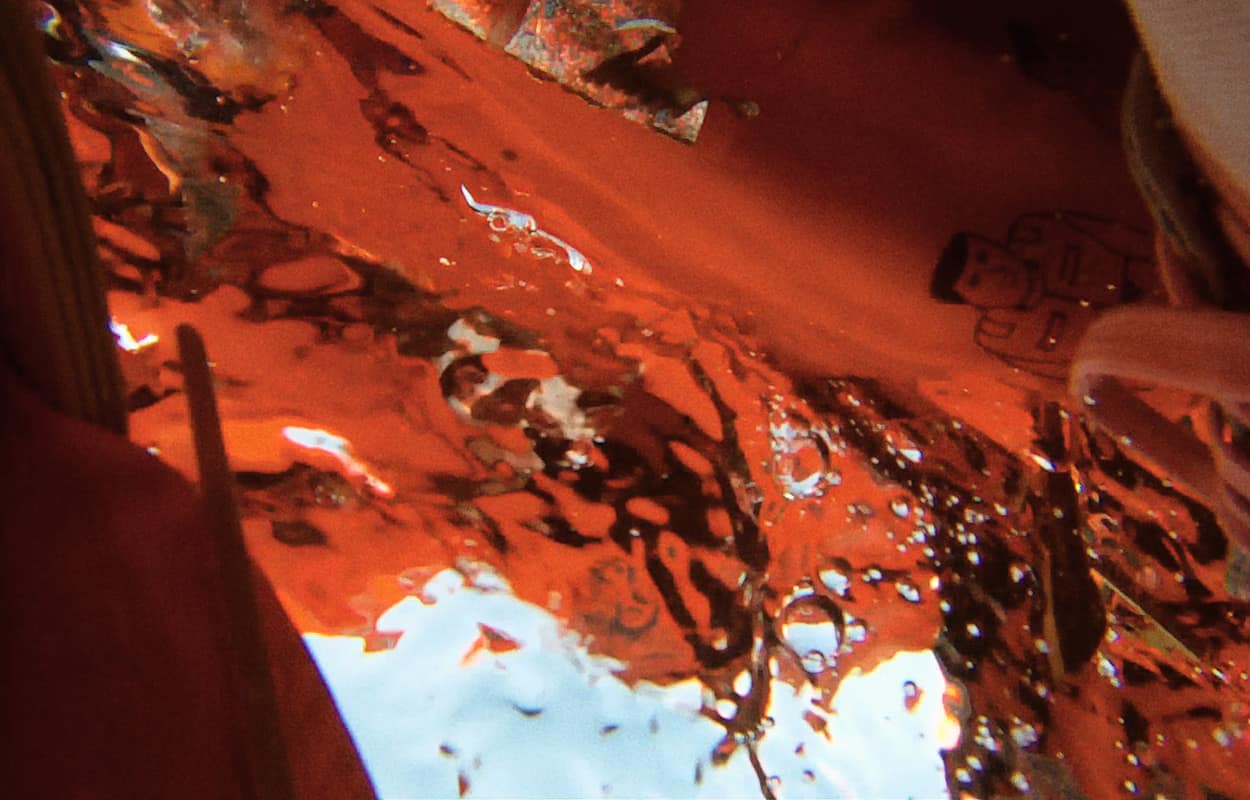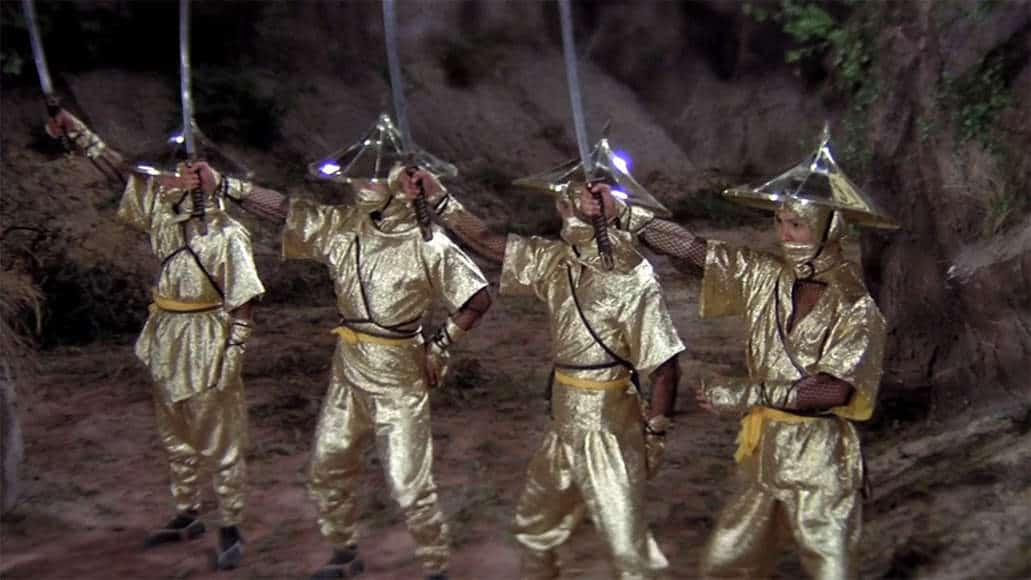In 1973, a young Hayao Miyazaki moved to Nippon Animation where he would work as an animator on such projects as “World Masterpiece Theater.” Five years later, in 1978,he got a chance to direct a small TV animation known as “Future Boy Conan.” This was the beginning of Miyazaki as we know him today. While the show was received poorly, with time it grew in popularity, both in Japan and abroad. And now, some forty years after its release, more are being drawn to the series, garnering “Future Boy Conan” something of a cult following.
Future Boy Conan is screening at Nippon Connection
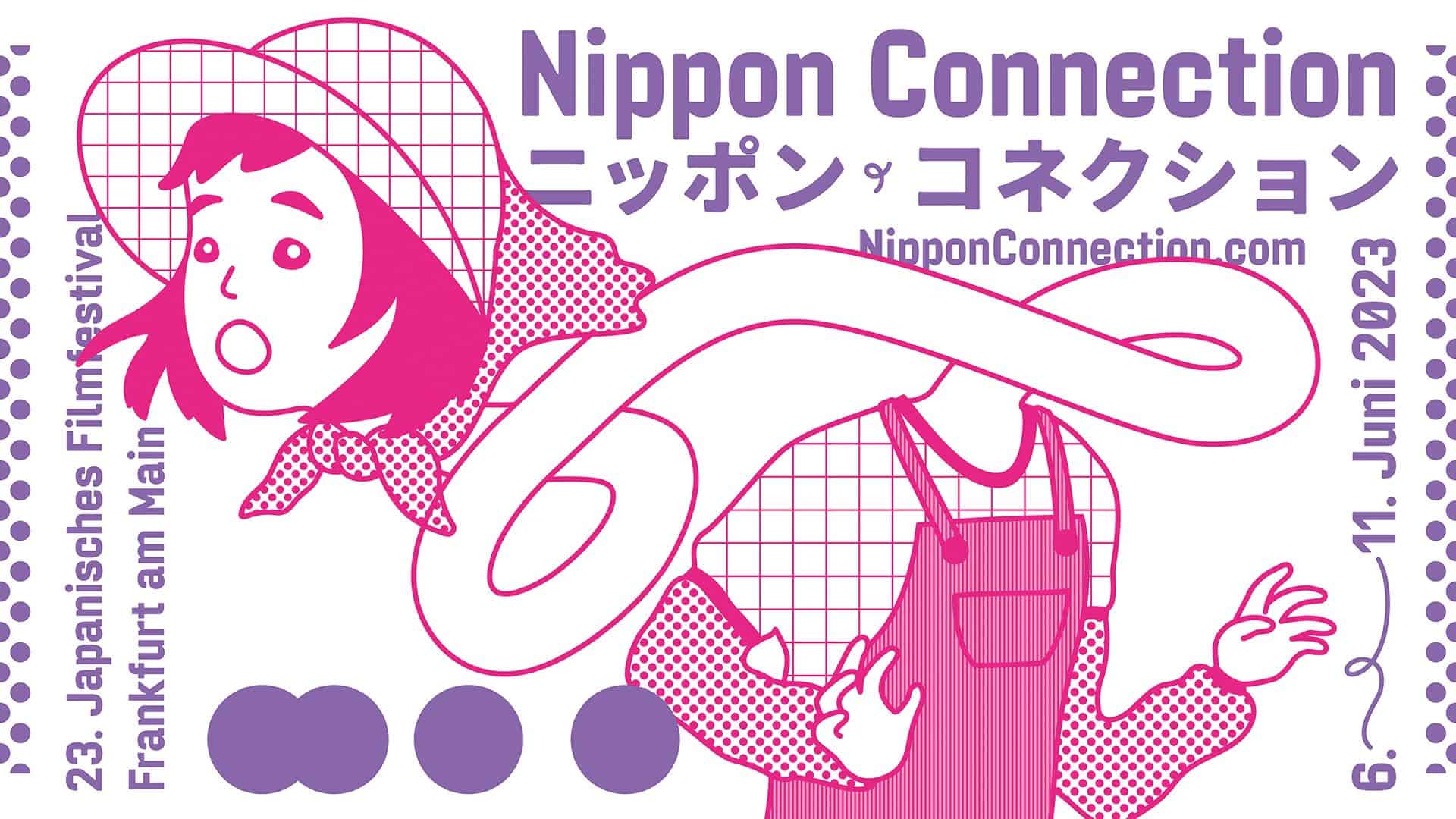
The story of “Future Boy Conan” is set in a post-apocalyptic future, with the titular Conan living peacefully on an island oasis with his adoptive grandfather, ignorant of any life beyond their private community. One day, Conan returns from a shark hunt, only to find a stranger, a girl we later find is named Lana, passed out on the shore. He brings her to his grandfather's where she is nursed back to health. The two children befriend each other, in a charming meet cute fashion. Their relationship is short lived, as following her recovery a mysterious troop arrives on the island and kidnaps her. Conan, propelled by his attachment to Lana, sets forth on an adventure which spans the 26 episodes of the series.
Check also this article
The attraction to “Future Boy Conan” isn't the plot, so much as it is the charm of its director. The Miyazaki who directs “Future Boy Conan” is the same Miyazaki of “Spirited Away” and “Porco Rosso”, both in style and skill, if only a bit younger. Characters are expressive, and the atmosphere is inviting; there is comfort in Miyazaki's apocalypse. It is a story told through its environments; the protagonist explores sunken cities, and overgrown villages, all hinting at a technological past which has been reset into a more nostalgic era, reminiscent of the Edo period. We, as the audience, are allowed to exist in these environments during the negative space between action set pieces. These moments of calm are categorized by the director as “Ma.” These are scenes in which the characters simply exist in their environment, attending to fires or sleeping in rocking chairs. Even in moments of tension, there is time to visit a grave and pay respects.
In animation, proper expression of character requires joint effort from both the voice actors and the animators. The cast in “Future Boy Conan” all give energetic performances, providing an artistic base from which the animators can work their magic. Noriko Ohara gives an especially memorable performance as the voice of Conan. It is a depth of character which doesn't come from plot or backstory, but from the small grunts of childlike excitement.
The smaller budget given to TV serials does not restrict “Future Boy Conan” in the slightest. While the animation is simple, Hayao's method of directing gives it a character to stand out among its contemporaries. There is a focus on movement and expression; the very way in which a character runs hints at their character- many would consider this the auteuristic touch of Miyazaki. Conan doesn't simply express his happiness with a smile, but with playful acrobatics. This jovial tone is matched perfectly with a score by Shinichiro Ikebe. Each song on the soundtrack is distinct, uniquely 70s; even if it only lasts for a few seconds, it makes an impression. Unlike the scores of future Miyazaki collaborator Joe Hisaishi, whose music flows in and out with the drama, the music of “Future Boy Conan” operates almost independently of plot. Its focus is only on capturing the tone of the adventure serial, whether that be the comedy or tragedy of the genre. It all gives it an atmosphere more akin to the buccaneering “Treasure Island,” rather than the mysticism of future Miyazaki films.
It could be said that “Future Boy Conan” is Miyazaki at his most inexperienced. Yet, amid that inexperience we see the traits of a truly artistic mind. As mentioned earlier in this article, this is the same old Miyazaki. His debut doesn't lack the sensibility that made his future films click. “Future Boy Conan” is a joyous adventure whose appeal will surely extend beyond that of the Ghibli aficionado.


